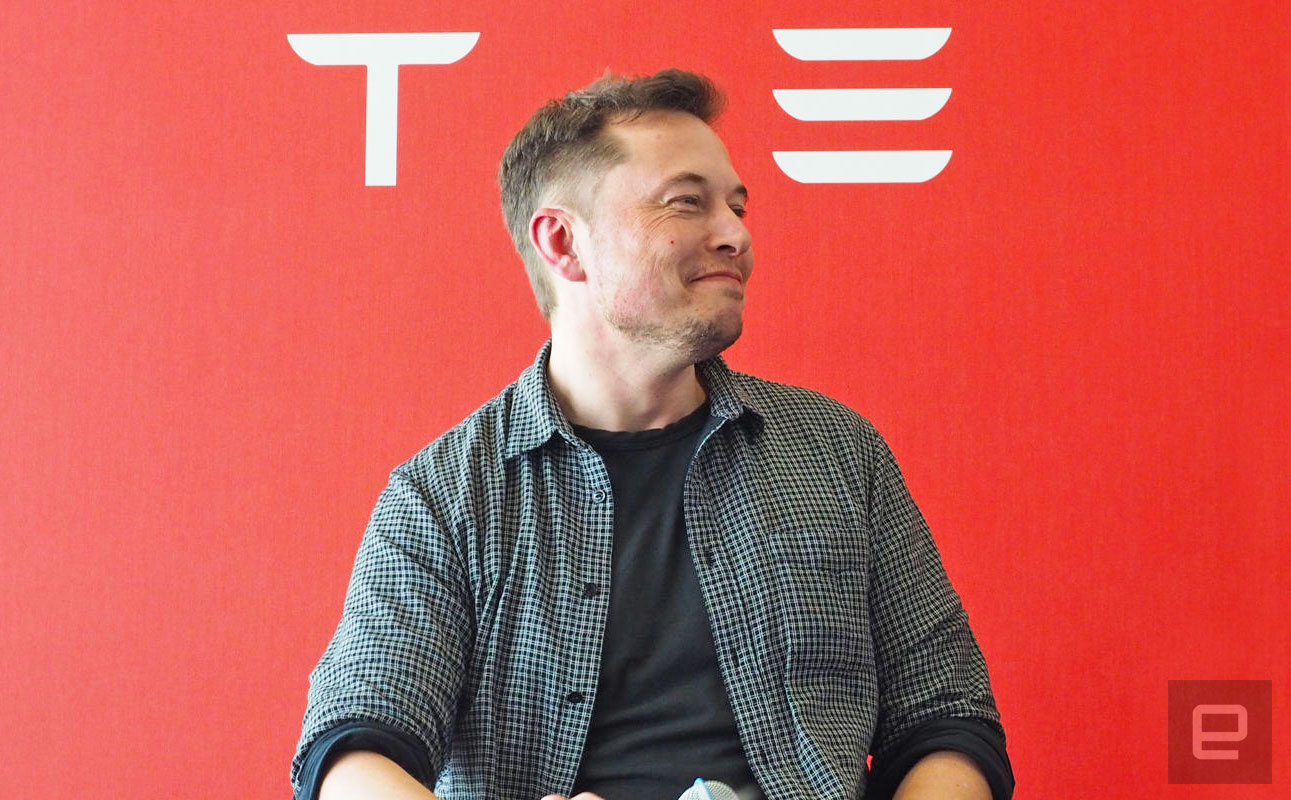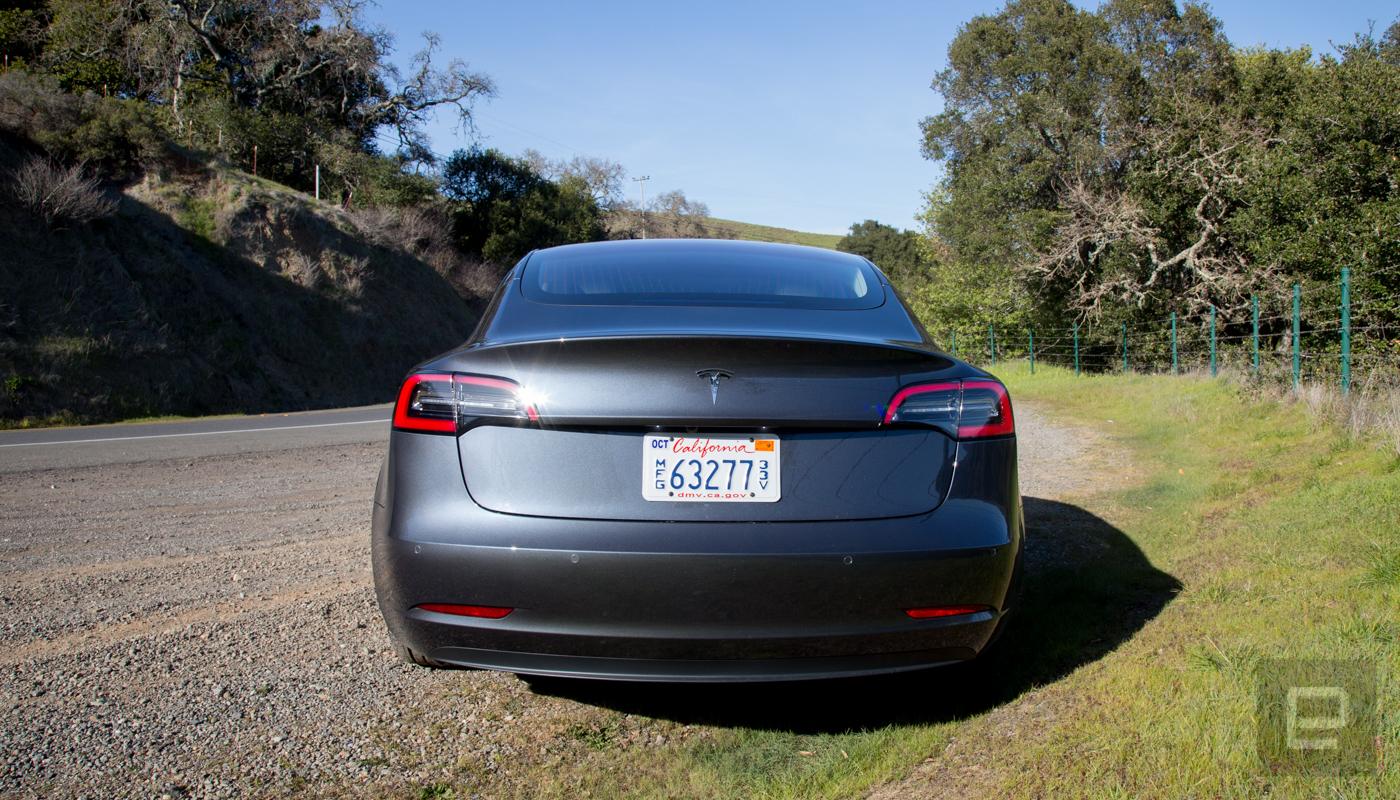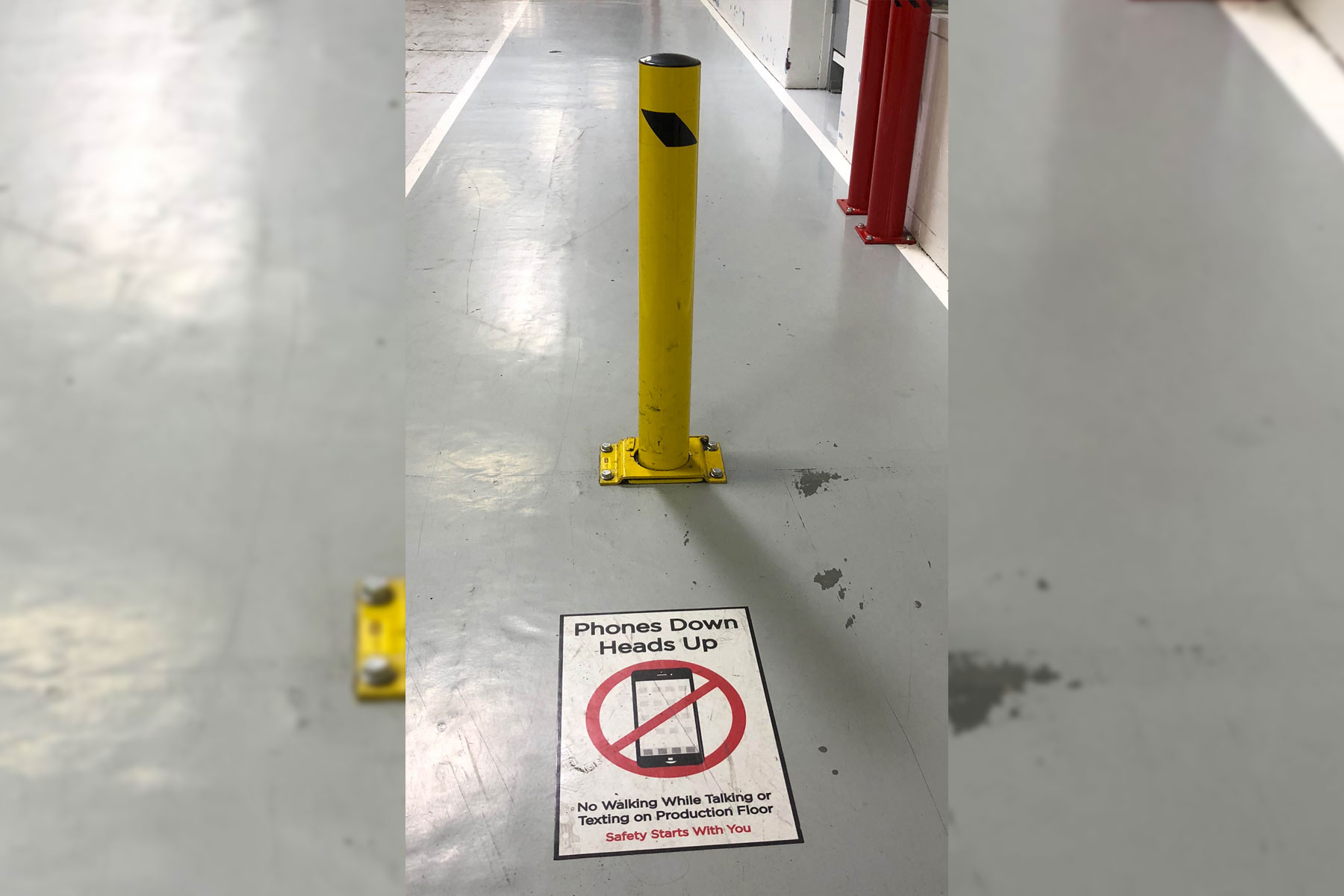 Every now and again, there's a story of true human ingenuity that reminds us what we should aspire toward. Twelve children, trapped in a flooded cave system, were rescued by an international team of experts. Divers used their years of training and experience to find and save people when all hope was thought lost. One diver, Saman Kunan, died in the effort. And yet, rather than celebrate their sacrifice and effort, we've spent the better part of a week preoccupied with the word "pedo." You already know why: Elon Musk, the entrepreneur who revolutionized e-commerce, electric vehicles and private spaceflight, lashed out at someone in anger. Members of Team Musk raced to the aid of their hero, while others used it as yet another stick with which to beat the man. It's impossible to talk about Musk in a rational, balanced way. He's not simply a human being, with flaws and foibles and dreams like we all have, but a touchstone for the whole world. Musk has become a representative for so many causes that, to many, criticizing him is somehow denigrating the cause. Look at Tesla, the car company that has disrupted the automotive and energy industries. Almost single-handedly, Musk made EVs cool, and proved that people wanted to own one. The fact that I can now even think about buying a second- or third-hand EV is, at least in part, due to Musk. Tesla also demonstrated that concerns over battery life and range were unfounded. It's now relatively easy to schedule your trip to include a 20-minute-or-so stop for a bathroom break while an EV recharges. And the Supercharger network has quickly been supplanted by a number of additional charging stations in hotels, in public buildings and curbside. Some of this has been the result of government incentive programs, but demand is clearly increasing. While Musk made EVs cool, plenty of others have benefited from this perception change. In my native UK, the Nissan Leaf and Mitsubishi Outlander PHEV have outsold the Tesla Model S and X by a considerable margin. But that may change in the future, since the Model 3 could become what was seen as impossible a few years ago: a mass-market electric sedan. 
Here's the downside to all of that utopianism: As it stands, the Model 3 isn't really ready to go, despite currently being sold to pre-order customers. There have been numerous issues with the car's build quality, trim levels and braking systems that have required remedy. Panel gaps, reliability issues and component failure are all sticks used to beat the Model 3 with, for legitimate reasons. Plus, the lack of an instrument cluster may look fancy and modern, but it's a usability nightmare. If you're spending 60 grand on a car, you want it to be better than this. When the Model 3 was announced, Musk made exaggerated claims about how many cars he would be able to produce. He may call them ambitious, others may say that they're foolish, but they were clearly misguided or inaccurate. After promising time and again that the company would produce 5,000 cars a week, it finally did so last month. That feat was finally achieved after Tesla built an additional production line, GA4, which Bloomberg describes as a "tent outside the factory built from scrap from the other lines." Then there's the accusation that Tesla has been intimidating, harassing and otherwise attempting to restrict employees from forming a trade union. Other reports claim that Tesla has under-reported accidents to make its safety record look better. There was also a dustup concerning the use of yellow safety strips, which, some alleged, were never installed because Elon Musk dislikes the color. Tesla responded by uploading photos of yellow things in its factory. Oh, and there's also the fact that Musk, who styles himself as an environmentalist looking to reduce our dependence on oil and gas, has made political donations to the contrary. In recent weeks he has come under fire for making donations to Republican officials including Kevin McCarthy. McCarthy has a lifetime score of 3 percent from the environmental advocacy group League of Conservation Voters. Musk, according to Bloomberg, approached the head of an environmental nonprofit, Sierra Club, and asked him to make his previously anonymous donation record public. That caused another backlash, as members of the group felt that doing so was inappropriate. Not to mention that, while preaching the gospel of environmentalism with Tesla, Musk is also the founder of SpaceX. Which is sending record numbers of rockets into the upper atmosphere, burning plenty of fossil fuels on their journey. 
These are all legitimate complaints to level at Musk, because fundamentally he is selling a product. And that product must be, on some level, worthwhile or else it wouldn't have sold in the quantity that it has. But it's also entirely fair to say that Musk's behavior is the same as that of pretty much every other mogul in the tech industry. Eric Schmidt, Larry Ellison and even Tim Cook have all handed money to GOP election campaigns in recent years. Part of that is the price of doing business, and some say that it's smart strategy not to alienate lawmakers. After all, if Big Tech hadn't given some money to right-wing causes, then it's likely their leaders wouldn't be able to get meetings with officials now. To single Musk out for criticism on this specific issue makes it look as if there is a double (or triple) standard at play. Battery technology also gets some measure of criticism from some quarters, because battery production is inherently polluting. How can the sainted Musk care about the environment while building batteries containing lithium and using carbon-intensive production methods? That criticism may have been valid before, but even the Union of Concerned Scientists believes that it's unfair now. In a 2017 report, it said that EVs, while "dirtier" as they roll off the factory floor, rapidly pay back those emissions in the first few months of use. There's less of a response to the accusation that SpaceX's rockets burn up fossil fuels on their way through the atmosphere. But the advent of reusable rockets may, in the future, go some way toward mitigating the raw material impact of wasting so many rocket hulls. It's also worth pointing out that there are a lot of people who would stand to gain if Tesla -- and, by extension, Musk -- failed. As recently as April, CNBC was reporting that Tesla was the most shorted stock in the United States. Put simply, investors have gambled something in the region of $11 billion on the potential that Tesla will collapse. This is not the place to repeat an as-yet-baseless conspiracy theory concerning a global effort to collapse Tesla. It would certainly require the buy-in of far too many people, from independent car reviewers to factory-floor workers, to make it feasible. But, given Bloomberg's report that hedge funds helped engineer a collapse in the value of the British pound during the Brexit referendum, it's not an unreasonable idea to consider. Hell, if financiers are prepared to help collapse the world's fifth-largest economy in pursuit of profit, a relatively small automaker could be easy pickings. Tesla has also managed to put noses out of joint in the traditional car industry, which has been forced to play catch-up to the new incumbent. Not to mention that it stands to wipe out some of the profits that help traditional dealerships in the US survive. Over-the-air fixes reduce the number of times a car needs to go to the shop, as do an EV's lower maintenance requirements. After all, a Tesla doesn't require a regular oil change, gasket replacement, spark plugs or anything else. The traditional energy industry probably doesn't have much room in its heart for Tesla either, thanks to the company's efforts in battery storage. From home batteries to large-scale power projects, Tesla is demonstrating a different way to run utilities. The company built an enormous facility in Australia to help prevent blackouts in a monopoly market. It didn't take long before the battery actively thwarted an attempt by the power companies to pry money from the locals. Experts believe that Tesla, in a single day, helped save around $3 million and has also managed to reduce energy prices across the region. At the risk of being ghoulish, if this were an Agatha Christie novel, there'd be a line of people a train carriage long who'd want to do Musk in. Musk doesn't help himself by responding to criticism with anger. Recently he's complained that people use "billionaire" as a slur against him, saying that they never used to tag him with the title. Obviously, that's partly because back then he wasn't a billionaire, and also because he now has power and wealth that are beyond the knowledge of normal folks. But it's also too easy to paint Musk as some pantomime villain, even though there does seem to be some level of humanity in him. It would have been easy, for instance, for him to ignore cries for help from the residents of Puerto Rico. Yes, it was good PR to send Powerwall batteries and solar panels down there, but he could have just not bothered. Tesla had the equipment and the knowledge when it came to adding power to remote locations. Similarly, he could have left the rescue efforts of the Wild Boars (the Thai soccer team) to officials, but he chose not to. Musk says that he was asked to come and get involved, although others have disputed this. With time short and his own business crises in full flow, Musk grabbed engineers from Tesla and SpaceX to try and help. Like some modern-day Jeff Tracy, Musk's team cobbled together a rescue vehicle that could be used like a mini-submarine. But by the time the craft had been built, tested and delivered, an alternative plan was put into action. And, thankfully, the children and their coach were saved, with the loss of only one rescue diver. The problems began when Narongsak Osatanakorn said that Musk's sub was "not practical for this mission." Musk responded by deriding Ostanakorn and publishing private correspondence between Musk and diver Richard Stanton. After that, one of the divers, Vern Unsworth, was asked what he thought of the craft. In his typically British manner, Unsworth said that Musk could "stick his submarine where it hurts," adding that it had "no chance of working." During a conversation with the very talented Professor Zeynep Tufekci, Musk lashed out, calling Unsworth a "pedo." The implication being that, since he lived in Thailand, he was inevitably a sex tourist. It was a baseless accusation and one that Musk shouldn't have made, much less on a public forum like Twitter. Musk deleted the tweets soon after and, following a couple of days of open-mouthed disbelief -- which, to be fair, is a common stance for most folks these days -- Musk apologized. Even then, though, Musk couldn't help but attempt to defend himself, adding that Unsworth had "said several untruths and suggested I engage in a sexual act with the mini-sub." Victimhood is unbecoming of someone who holds so much power, even if he is feeling attacked on all sides. We see in Elon Musk what we want to see in him. To some, he's a hard-charging tycoon who gets his own way. To others, he's managed to thread the needle of building a somewhat ethical, environmentally friendly energy and manufacturing business. I'm sure others will point to his work in rockets and rocketry and make the obvious comparison between him and Tony Stark. And in a way, Musk's reputation is shaped by pop culture as much as it is by the man himself. He's even played up to the Tony Stark analogy, with a cameo appearance in Iron Man 2 as a friend of Stark's. Hell, earlier in this piece I suggested he was like Jeff Tracy, the philanthropic billionaire who created and funded International Rescue in Thunderbirds. Maybe what all of these figures share is the notion that an engineer with aspiration and cash can change the world for the better. Perhaps that's why so many people are invested in him and his aims in such an emotional way. Elon Musk represents hope: the hope that we can get better and not live out the rest of our lives as the human livestock in Jeff Bezos' picking line of the future. Tesla, SpaceX and Hyperloop all suggest that there's a brighter future out there, and it's hard to want to believe that its architect is human after all. But unless we do, we'll never be able to talk about his triumphs and tragedies in a way that makes sense. As Jeremy Arnold, who wrote a Quora report on the topic that Musk liked enough to retweet to his followers, says, "It's weirdly difficult to get a balanced view of the man and his work." And while Musk is pilloried for engaging with problems that are seen as un-commercial, he should be celebrated, in part, for trying. Think about all of the other tech billionaires who don't do these things.
via Engadget RSS Feed https://ift.tt/2L9CUrc |
Comments
Post a Comment